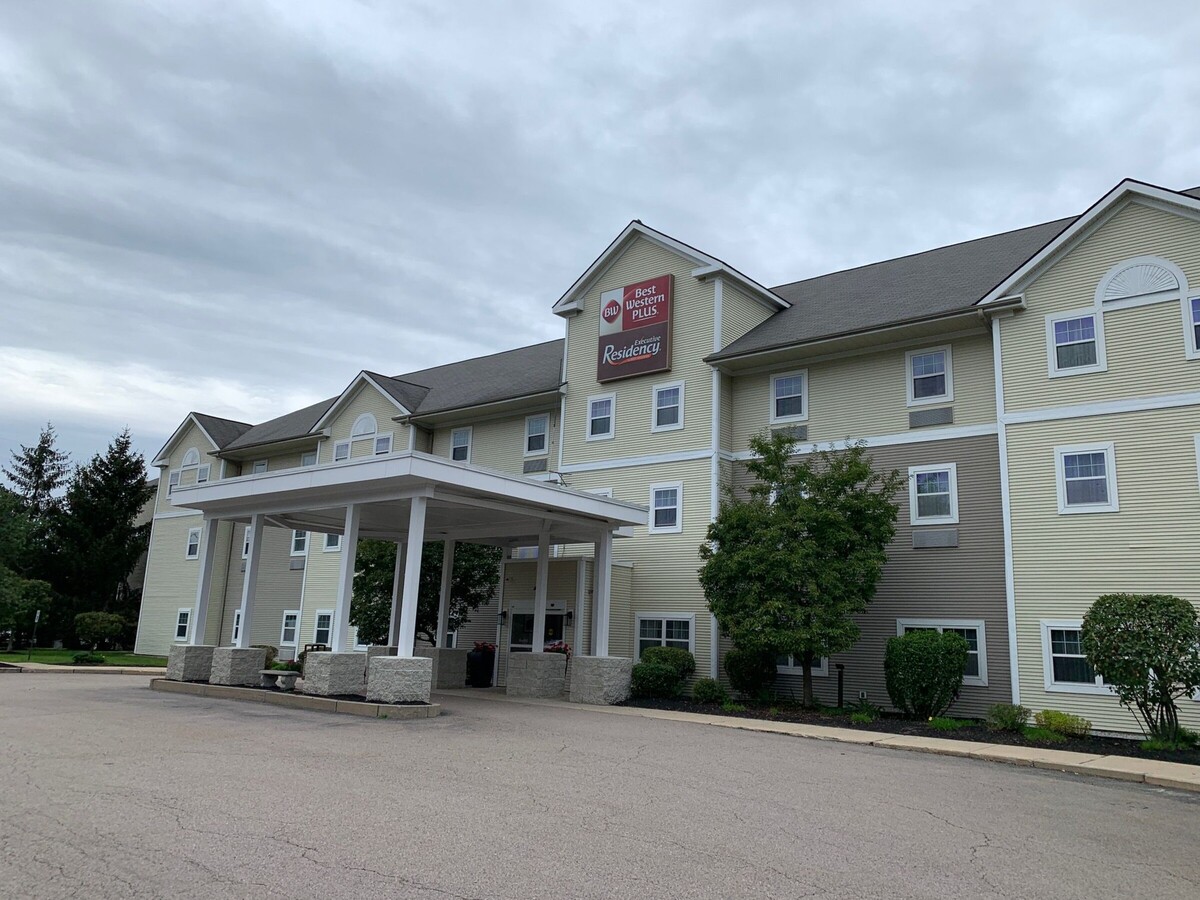Image


By Paul DeBaggis
(Paul DeBaggis, a Mass. Certified Building Official, has served on state and local code writing committees for several decades. Since his retirement in 1996, he has worked as a part time building official in Easton, and also served as Acting Building Commissioner in Wellesley and Foxborough. His body of work includes the inspection of high-rise residential condominiums, and Gillette Stadium for the town of Foxborough. Mr. DeBaggis also writes articles on building code interpretations for the International Code Council’s weekly publication the Building Safety Journal.)
According to a recent article in the Observer, both the Clarion Hotel in Taunton and the Best Western in Franklin now house more than the maximum number of persons allowed by the Mass. State Building Code. What do the laws of Massachusetts say about this?
Before any work begins on a new hotel, a Mass. licensed professional engineer or architect must prepare a complete set of building plans and specifications detailing the number of persons allowed in the building, usually called the “occupancy load.” The contractor submits these documents with an application for a building permit. Local inspection services reviews said “package,” and if it meets the Mass State Building Code, the department issues a building permit. Workers then complete the building. After it passes all its final inspections, and the architects or professional engineers submit affidavits certifying the building is constructed as per the Mass. Code, the local building department must issue a certificate of occupancy which also states the maximum number of persons allowed in said structure.
The Mass Code as authorized by Chapter 143 of the Mass. Laws, clearly states no person, corporation, or other individual may increase this certified occupancy number without first submitting an application for a larger number of persons, including all supporting evidence to the local building inspection department. The local inspection department may approve said increase only if it is within the limits of said Mass Code.
The story in the Observer seems to indicate this has not been done in Taunton or in Franklin. Other sources tell me this story affects many more than these two towns.
What is the penalty for increasing the occupant load without the review and consent of the local inspection of buildings? The Mass General Law, Chapter 143, states the penalty for a building code violation can be a fine of up to $1,000. per day and one year in prison. Each day in violation shall constitute a separate offense.
In these two cases, I do believe local officials have just intentions. But the local’s hands are tied because of the implied threat of the loss of state monies and favor. The state in turn faces the same financial threat from the federal government.
As the larger story unfolds, nearly all local communities in our country including, building, fire, police, health, and other services will feel the effect of our federal government failing to close America’s borders to illegal entry. And we the people will continue to pay the price.